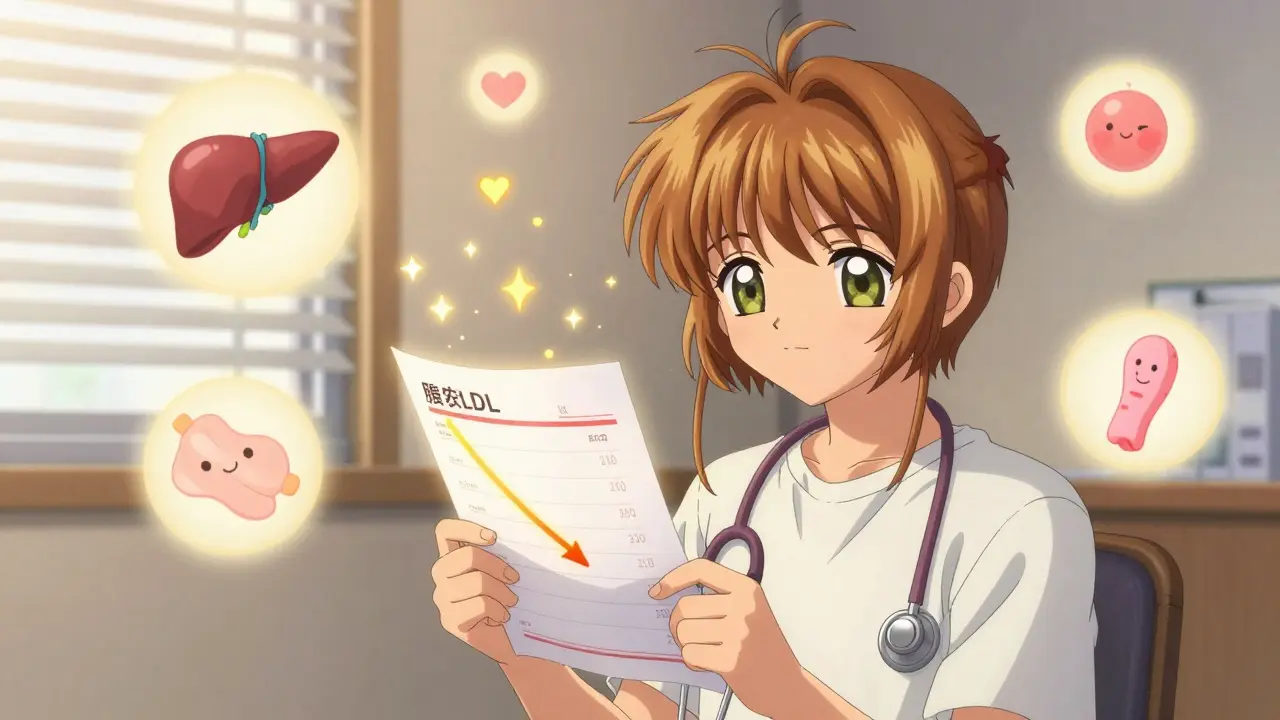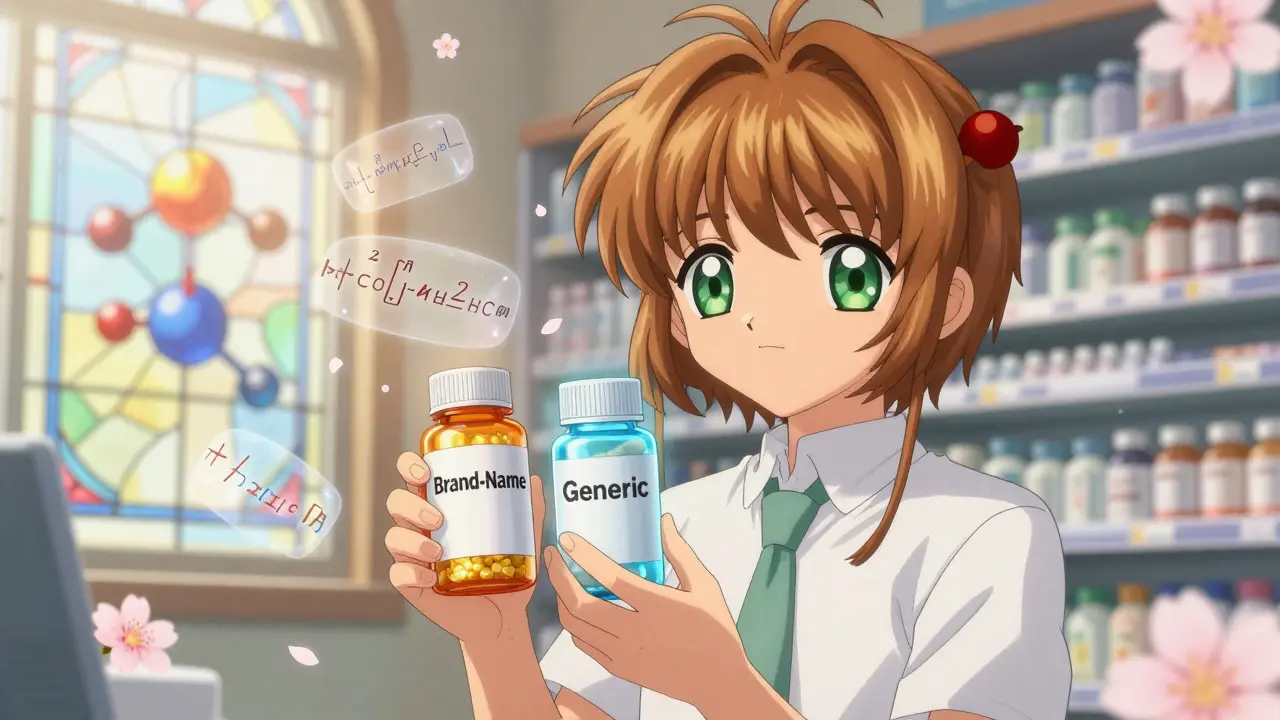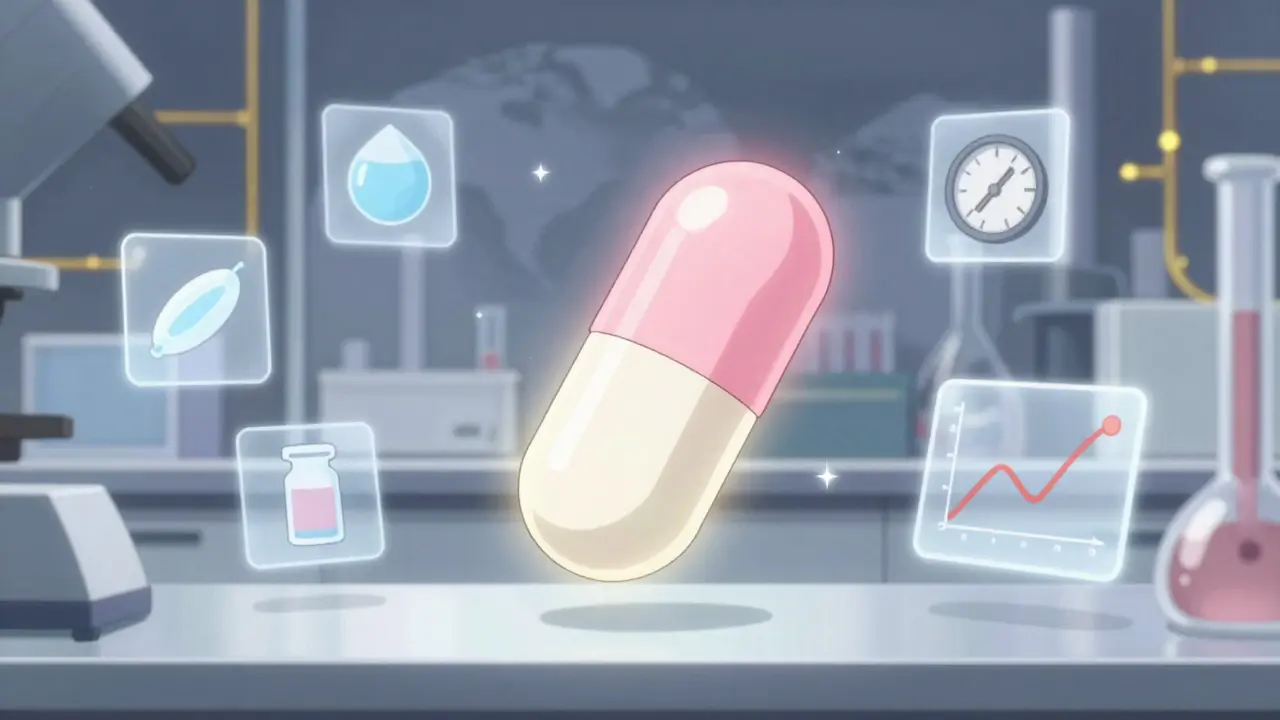SunDrugstore.com: Your Source for Medication, Diseases, and Supplements Information - Page 5
Infant Medication Safety: Drops, Concentrations, and Dosage
Infant medication safety depends on precise dosing, correct concentrations, and proper measuring tools. Learn how to avoid deadly errors with acetaminophen, ibuprofen, and other liquid meds for babies under 1 year.
How to Coordinate Mail-Order and Local Pharmacy to Save Money on Prescriptions
Learn how to save hundreds a year on prescriptions by using mail-order pharmacies for long-term meds and local pharmacies for urgent or changing prescriptions. Simple, proven strategies for real cost savings.
Insurance and Medication Changes: How to Navigate Formularies Safely in 2025
Learn how to navigate insurance formularies safely when your medications change. Understand tiers, exceptions, and how to avoid costly coverage gaps in 2025.
Dose Adjustments After Switching to Generics: When Doctors Change Medication Levels
Switching to generic medications can require dose adjustments for drugs with a narrow therapeutic index, like warfarin and levothyroxine. Learn when and why doctors change doses after a generic switch, and what patients should watch for.
Grapefruit and Immunosuppressants: What You Need to Know Before You Eat It
Grapefruit can dangerously raise levels of immunosuppressant drugs like cyclosporine and tacrolimus, leading to kidney damage, high blood pressure, and organ rejection. Even small amounts can cause toxicity for up to 72 hours. Avoid grapefruit entirely if you're on transplant medication.
Monitoring While on Statins: Lab Tests and Safety Considerations
Learn the evidence-based lab tests needed when taking statins, when to worry about side effects, and why routine liver checks are often unnecessary. Avoid unnecessary testing and protect your heart.
Biosimilar or Generic? How to Choose the Right Medication for Your Treatment
Learn the key differences between biosimilars and generic drugs to make informed treatment choices. Understand cost, safety, and when each option is right for you.
Corticosteroids for Autoimmune Disease: Benefits and Long-Term Effects
Corticosteroids like prednisone are fast-acting tools to control autoimmune flare-ups, but long-term use carries serious risks like bone loss, cataracts, and adrenal suppression. Learn how they work, when they help, and how to minimize harm.
How to Read Medication Guides for Overdose Warnings and Antidotes
Learn how to read your prescription medication guide to spot overdose warnings and locate antidotes like naloxone. This guide shows you exactly where to look and what to do to prevent a life-threatening overdose.
How the FDA Ensures Generic Drug Safety Through Manufacturing Oversight
The FDA ensures generic drug safety through rigorous pre-approval reviews, mandatory cGMP inspections, and continuous post-market surveillance. Every generic drug must prove bioequivalence and meet the same quality standards as brand-name drugs.




















